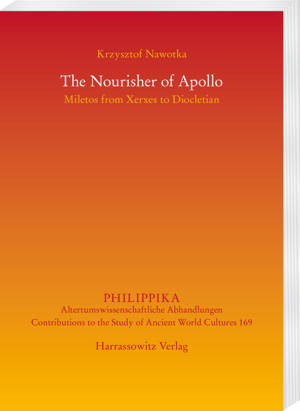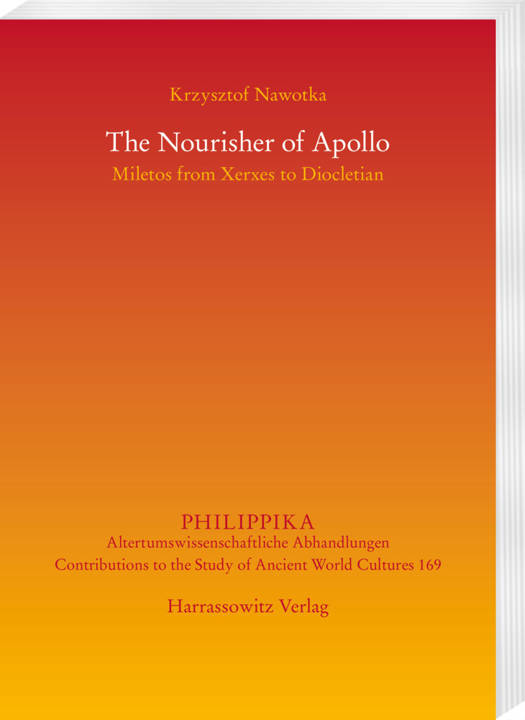
Bedankt voor het vertrouwen het afgelopen jaar! Om jou te bedanken bieden we GRATIS verzending (in België) aan op alles gedurende de hele maand januari.
- Afhalen na 1 uur in een winkel met voorraad
- In januari gratis thuislevering in België
- Ruim aanbod met 7 miljoen producten
Bedankt voor het vertrouwen het afgelopen jaar! Om jou te bedanken bieden we GRATIS verzending (in België) aan op alles gedurende de hele maand januari.
- Afhalen na 1 uur in een winkel met voorraad
- In januari gratis thuislevering in België
- Ruim aanbod met 7 miljoen producten
Zoeken
Omschrijving
This is the first modern monograph of Miletos from the Classical Age until the Late Empire, concerned with history rather than with archaeology. Hence it is based primarily on plentiful epigraphic sources enriched by reference to Milesian coins and archaeological evidence. It pays much attention to the internal development of Miletos, from urban evolution to transformations of its government, ranging from oligarchy of Persian times, to Hellenistic democracy, to the regime of notables in the Imperial age. Much attention is devoted to the position of Miletos in the world dominated by major powers - Hellenistic monarchies, late Roman republic and Empire. The book shows that Miletos largely owed its quasi-independent position, markedly exceeding its real economic or military strength, to skillful exploitation of the prestige of the great temple and Oracle of Apollo in Didyma, enormously influential with many kings and emperors. Apart from the diachronic narrative of history of Miletos the book contains chapters on economy and population of Miletos, the professed identity of its elite and on role of Didyma and its games within the polis who named itself "the nourisher of Apollo".
Specificaties
Betrokkenen
- Auteur(s):
- Uitgeverij:
Inhoud
- Aantal bladzijden:
- 294
- Taal:
- Engels
- Reeks:
- Reeksnummer:
- nr. 169
Eigenschappen
- Productcode (EAN):
- 9783447120210
- Verschijningsdatum:
- 26/07/2023
- Uitvoering:
- Paperback
- Formaat:
- Trade paperback (VS)
- Afmetingen:
- 173 mm x 241 mm
- Gewicht:
- 589 g

Alleen bij Standaard Boekhandel
+ 318 punten op je klantenkaart van Standaard Boekhandel
Beoordelingen
We publiceren alleen reviews die voldoen aan de voorwaarden voor reviews. Bekijk onze voorwaarden voor reviews.









